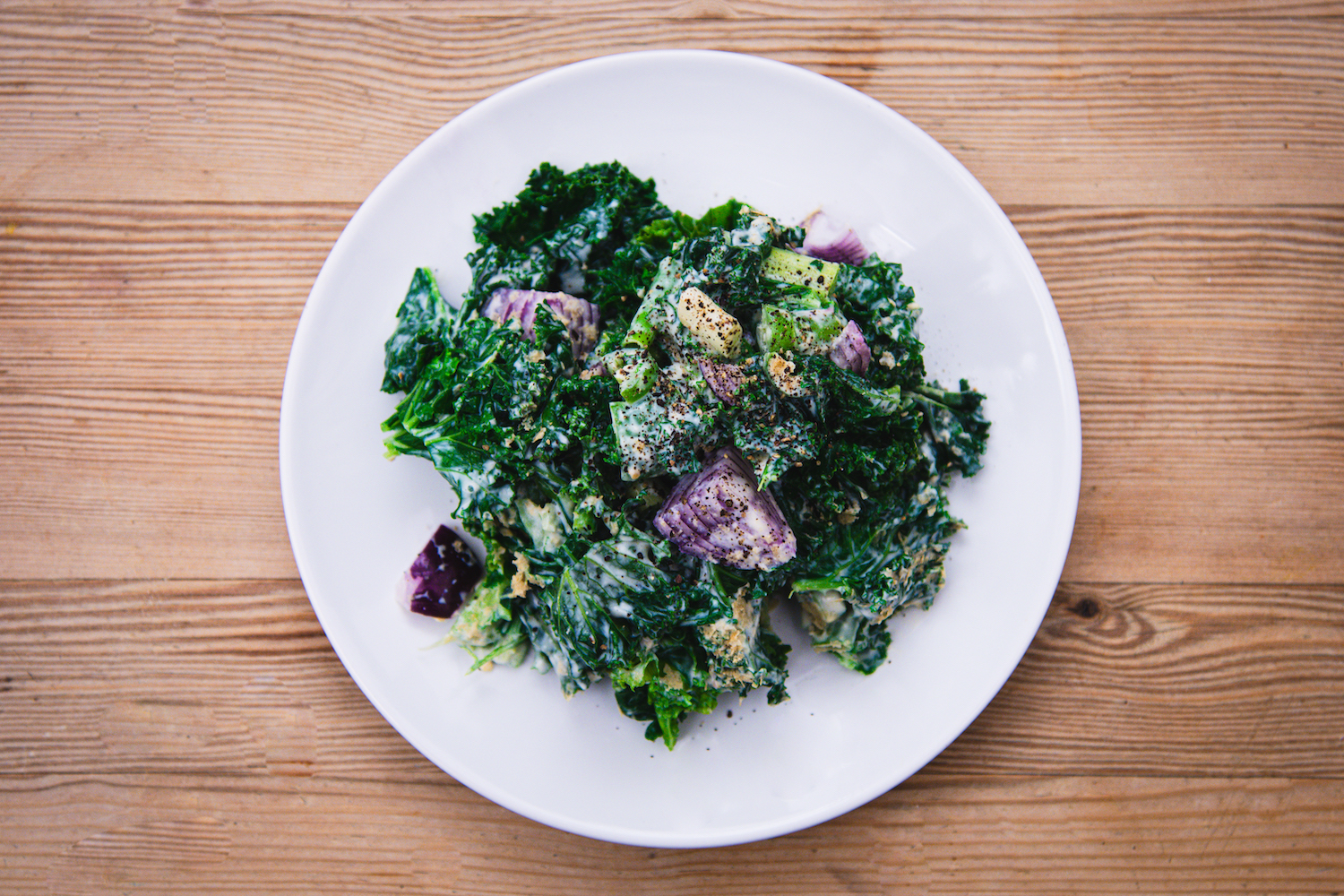Our gut microbes and immune system have an intricate relationship – no wonder 70% of immune cells are found in the gut! Through vaccines, we can instigate our immunity to react. Now, studies are showing that probiotics make vaccines more effective – thereby enhancing our immune response.
Our gut microbiome is a flourishing community of microbes, some of which can affect our immune system, both by helping shape its development, and in the regulation of our immune responses. In fact, around 70% of our immune cells are in the lymphatic tissue of the gut. Many of us have chosen to support our microbiome even further, through taking probiotics – either in supplement form or by eating fermented foods such as sauerkraut and kimchi. Well, a new flurry of research has suggested that probiotics can even influence our vaccine responses.
Generally, how our immune system responds to vaccinations varies greatly between one another. It all depends on numerous factors, including our age, gender, genetics, the time of vaccine administration and whether they are co-administered vaccines.
Probiotics and immunity
Probiotics are live microorganisms that, when administered in adequate amounts, can be beneficial for our health. Lactobacillus and Bifidobacteria are the most common types of probiotic bacteria that are often taken supplementally. Typically, the mechanism of action of probiotics include balancing a perturbed microbiota, regulating digestive transits, short-chain fatty acid (SCFA) production and vitamin synthesis. Probiotics enhance both our innate and adaptive immunity, and have been shown to be useful in preventing antibiotic-associated diarrhea, eczema and allergies – to name a few.
Lactobacillus and Bifidobacteria are the most common types of microbes used as probiotics.
When viruses invade your body, your immune system responds by producing antibodies. Bacteria in our gut cooperate in the activation of this immune response. The same situation happens when we get a vaccination. However, these vaccines do contain inactivated viruses, which are nevertheless harmless. They activate our immune response, so that immune cells can then form antibodies for certain types of viruses.
Make sure you’re aware of the difference between these:
- Vaccine: A substance that causes the body to produce immunity from a disease (through injections or by mouth). Vaccines contain a microorganism or virus in a weakened or killed state or proteins or toxins from the organism.
- Vaccination: The administration of a vaccine to help the immune system develop protection from a disease.
- Immunization: The process by which a person or animal becomes protected from a disease. It can be an act of a vaccine or it can be an outcome after a person recovers from the disease.
Probiotics improve the efficacy of vaccines
A recent review of 26 studies, involving 3812 participants, investigated 40 different probiotic strains on the efficacy of 17 vaccines.
Probiotics proved to be beneficial in about half of the studies. The evidence for these positive effects was most pronounced for oral vaccinations and the parenteral influenza vaccination (flu shot.) However, it’s worth noting that there was substantial variation between studies in the choice of probiotics, strain, dose, etc.
The effect was strongest for oral vaccines and the parenteral influenza vaccination.
The researchers conclude that probiotics offer a relatively cheap intervention to improve vaccine efficacy and the duration of protection. Looking forward, the scientists are looking to explore ways that different types of probiotic bacteria can provide immunization with the need for oral vaccines at all.


